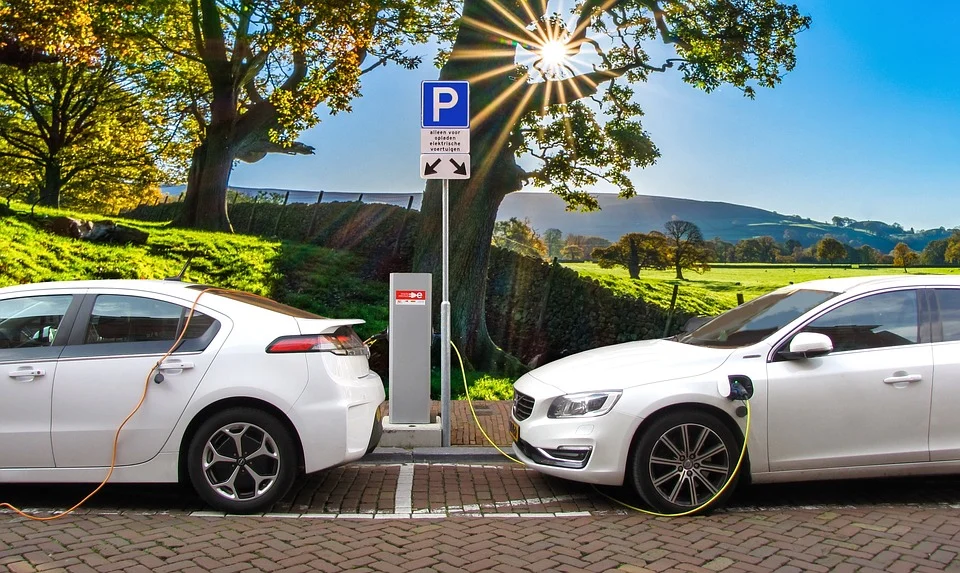With the rapid development in electric vehicle technologies and their on-road performance, more people are switching from fuel cars. They say the future is electric, but things can get confusing for those who have just bought or are planning to buy an electric vehicle, also known as e-vehicle or EV. This article is for you if you have just hopped on the bandwagon and want to understand if getting a home charger for your ride makes sense.
The Basics of Charging Electric Cars
Generally, manufacturers provide a cable, charger other equipment with their electric cars to help customers charge their vehicles. However, this does not apply to all manufacturers and models, so it is advisable to do thorough research before you decide to bring home an e-vehicle.
Vehicles falling in the second category have to be charged through commonly used compatible chargers at community charging stations or through home charging systems. But, before we move on to those, we need to address EVSEs that come with the car.
The Role of EVSE
Electric Vehicle Supply Equipment or EVSE is commonly known as the default charging equipment with the car. While these chargers are compatible and included with your purchase, there are some significant drawbacks to these. Let’s talk about the pros and cons of supplied EVSE.
Supplied EVSE: Pros and Cons
The portability of supplied EVSE comes at the price of speed, i.e., the charger takes a very long time to replenish the automobile’s battery fully. If the battery is bigger, these chargers can even take 30+ hours to deliver a full charge.
These chargers are sturdy, but they may not be compatible with the electrical wiring in your household. The charging cable length is quite limited with these devices, which can make it difficult for you to use.
While you may think that an extension cable could be a simple fix for all your electric charging problems, this could not be further from the truth. Extension cables are prone to overheat or melt within a few days of usage because charges draw a high charge rate of 10amps.
To turn things around, you will need to use a portable EV charger, which can bring the charge rate down to 6amps. On the flip side, this will increase the total time taken for a full charge and is a short-term solution at its best. This is where installing a wall-mounted EV charger at home makes a lot of sense.
There are also dedicated fast chargers, also known as “Level 2 AC fast charging”. These cut down a tremendous amount of charging time compared to regular trickle chargers.
The Right Home Chargers
A little knowledge and some research can go a long way in making sure you get the best solution that meets your electric charging requirement. Before buying a home charger, shop around and compare prices and features between various sellers. An electric car charging solution that works for your friend might not work for you. So, understand the needs of your EV, your installation needs, and your budget. Taking all of it into account will help you make the right choice.

